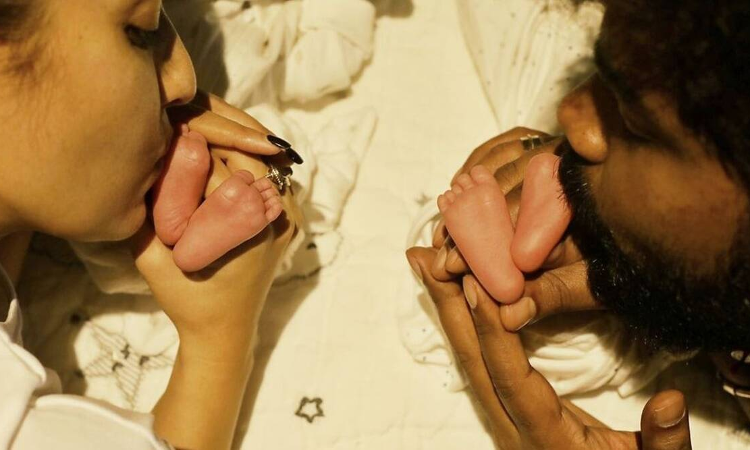Explained | Nayanthara-Vignesh Shivan Controversy: What Does Surrogacy (Regulation) Act Say?
Sofi Ahsan
11 Oct 2022 6:46 PM IST

Next Story
11 Oct 2022 6:46 PM IST
Actor Nayanthara and her husband filmmaker Vignesh Shivan on October 9 posted pictures of their twin babies on Instagram and other social media platforms. Within hours of the announcement about the newborns' birth, a controversy has erupted — questions are being raised whether surrogacy laws were followed by the couple. During a presser, the Tamil Nadu Health Minister was asked a...
